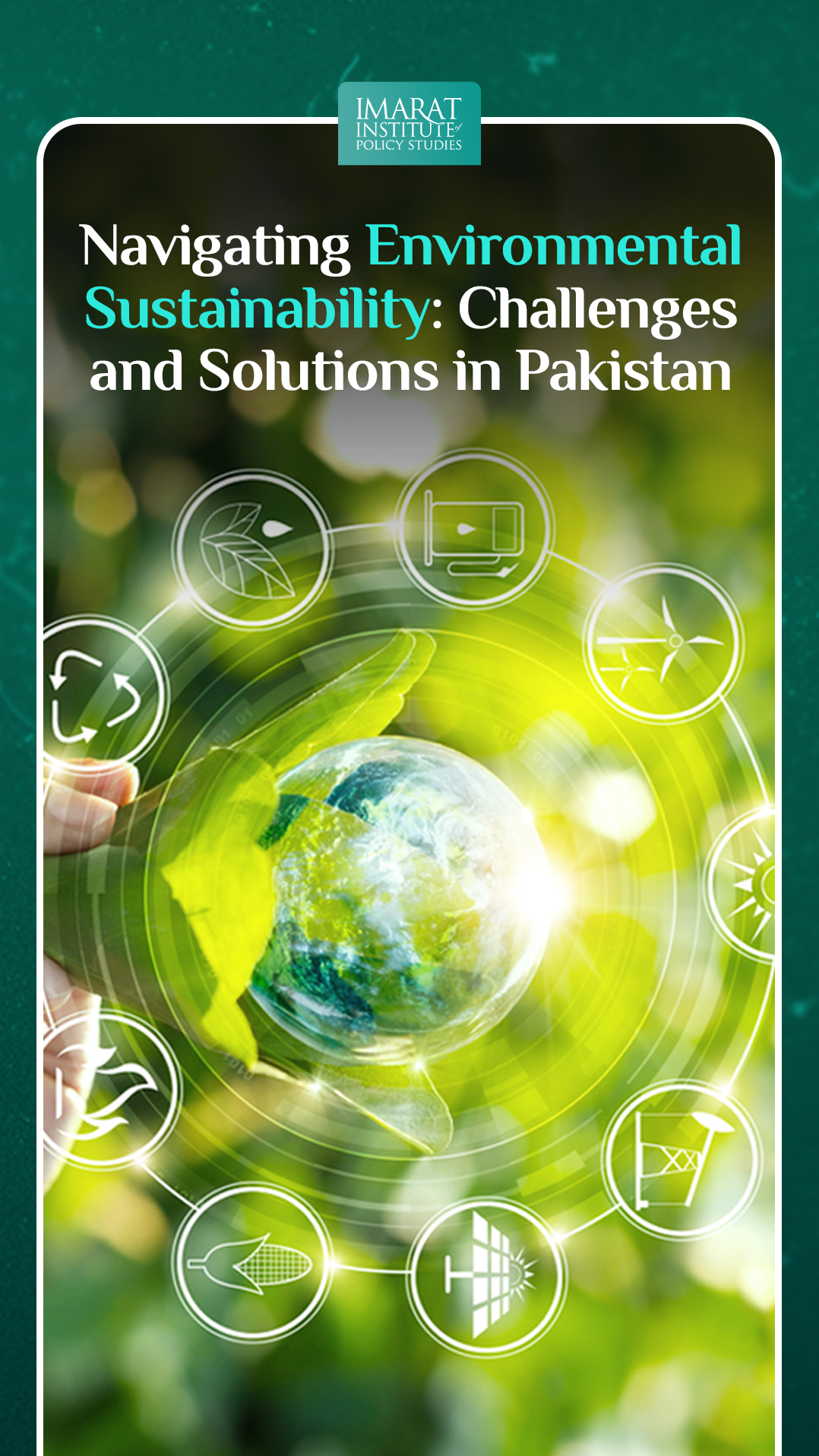Pakistan, a nation rich in cultural heritage and natural beauty, grapples with numerous environmental challenges. From deforestation to water scarcity, the country faces a daunting task in achieving sustainability while balancing economic development. In this blog, we delve into the pressing environmental issues in Pakistan and explore potential solutions to mitigate these challenges.
Challenges
Deforestation
Pakistan’s forests are under severe pressure due to deforestation, driven by urbanization, agriculture expansion, and illegal logging. Deforestation leads to soil erosion, loss of biodiversity, and contributes to climate change by reducing carbon sequestration.
Water Scarcity
With a rapidly growing population and inefficient water management practices, Pakistan faces acute water scarcity. Climate change exacerbates this issue, leading to irregular rainfall patterns, melting glaciers, and reduced river flows, affecting agriculture, industry, and livelihoods.
Air Pollution
Major cities like Lahore and Karachi suffer from severe air pollution, primarily due to vehicular emissions, industrial activities, and crop burning. Poor air quality poses significant health risks, including respiratory diseases and cardiovascular issues, impacting the well-being of millions.
Waste Management
Inadequate waste management infrastructure results in the accumulation of solid waste in urban areas and pollution of water bodies. Lack of awareness and proper disposal mechanisms further exacerbate this issue, posing environmental and health hazards.
Solutions
Reforestation and Afforestation
Implementing large-scale reforestation and afforestation programs can help restore degraded ecosystems and mitigate the effects of deforestation. Involving local communities in tree planting initiatives and promoting sustainable forestry practices are essential steps towards conservation.
Water Conservation and Management
Adopting efficient irrigation techniques, promoting rainwater harvesting, and investing in water storage infrastructure can help alleviate water scarcity. Implementing strict regulations to prevent water wastage and pollution is crucial for sustainable water management.
Renewable Energy Adoption
Expanding renewable energy sources such as solar and wind power can reduce reliance on fossil fuels and mitigate air pollution. Investing in clean energy infrastructure and incentivizing renewable energy projects can accelerate the transition towards a sustainable energy future.
Improving Waste Management
Enhancing waste collection systems, promoting recycling and composting, and implementing stricter regulations on waste disposal are essential for effective waste management. Public awareness campaigns on waste reduction and segregation can encourage responsible consumption and disposal habits.
Policy Reforms and Governance
Strengthening environmental regulations, enforcing existing laws, and promoting environmental education and awareness are critical for addressing environmental challenges. Enhancing institutional capacity and fostering partnerships between government, civil society, and private sectors can facilitate holistic approaches to sustainability.
Conclusion
Achieving environmental sustainability in Pakistan requires concerted efforts from all stakeholders, including government, communities, and businesses. By addressing deforestation, water scarcity, air pollution, and waste management issues through innovative solutions and policy reforms, Pakistan can pave the way towards a greener and more resilient future. Embracing sustainable practices not only protects the environment but also fosters economic growth and improves quality of life for present and future generations. Let us join hands in safeguarding Pakistan’s natural heritage for a sustainable tomorrow.
This article is written by Shahmeer Adnan. Shahmeer is a research analyst at the Iqbal Institute of Policy Studies (IIPS).



Leave a Reply